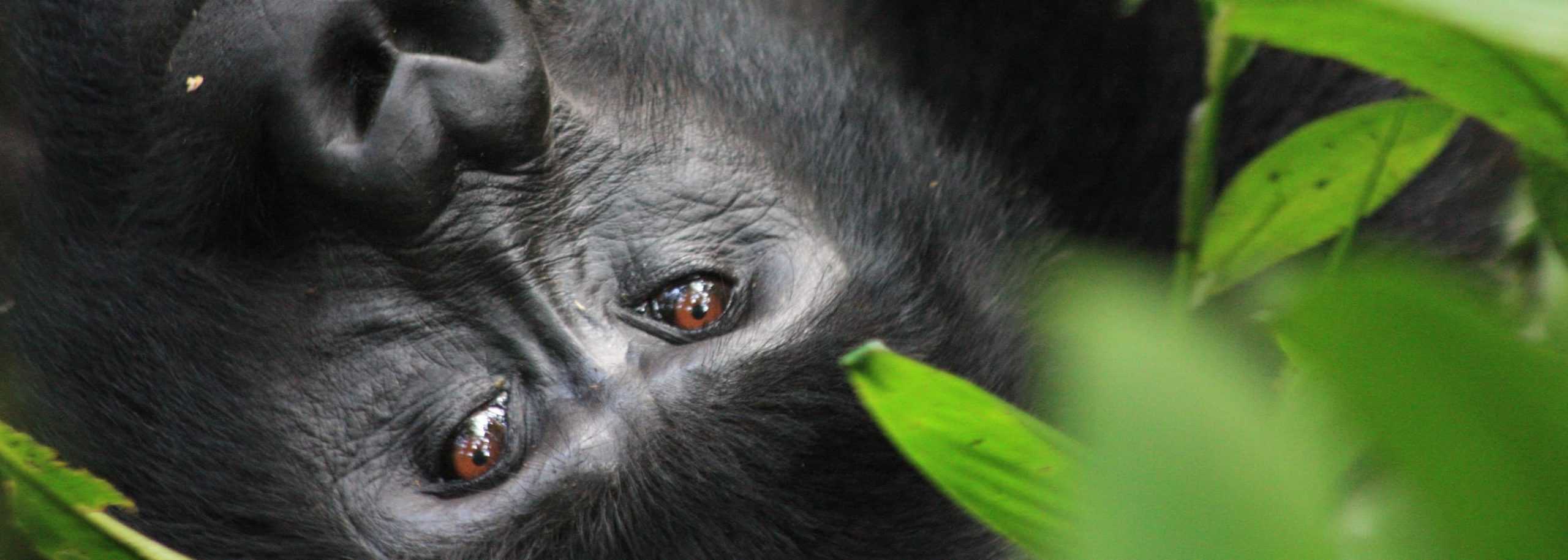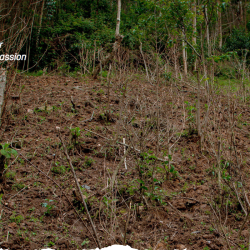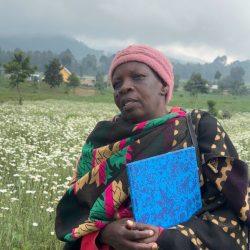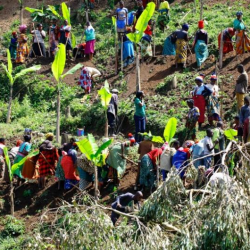Securing a Sustainable Future for Mountain Gorillas
Blog | 3/03/21
Wildlife makes the world a beautiful place, supports the existence of ecosystems on which we as humans depend, and also boosts economic development and improves community livelihoods through tourism revenue.
Over the years, however, wildlife has experienced several challenges including encroachment on their habitat, disease, and poaching leading to reduction in species populations. Unfortunately, human activities account for most of the threats facing wildlife. According to the Living Planet Report 2020 the world has lost about 66.7% of species in the last 50 years. A few decades ago, mountain gorillas were at the verge of extinction. Thanks to collaborative conservation efforts that have seen to an increase in their numbers to over 1000 and a change in status from Critically Endangered to Endangered according to the Red List of Threatened Species™..
Commenting on the loss of wildlife over the years, Dr. Andrew Seguya, Executive Secretary of the Greater Virunga Transboundary Collaboration explains that “the level of destruction is more than the level of restoration.This creates an imbalance that some wildlife is very sensitive to, including mountain gorillas. Mountain gorillas are sensitive to any kind of imbalance in the ecosystem and are also highly susceptible to human related diseases because of their closely matched DNA”.
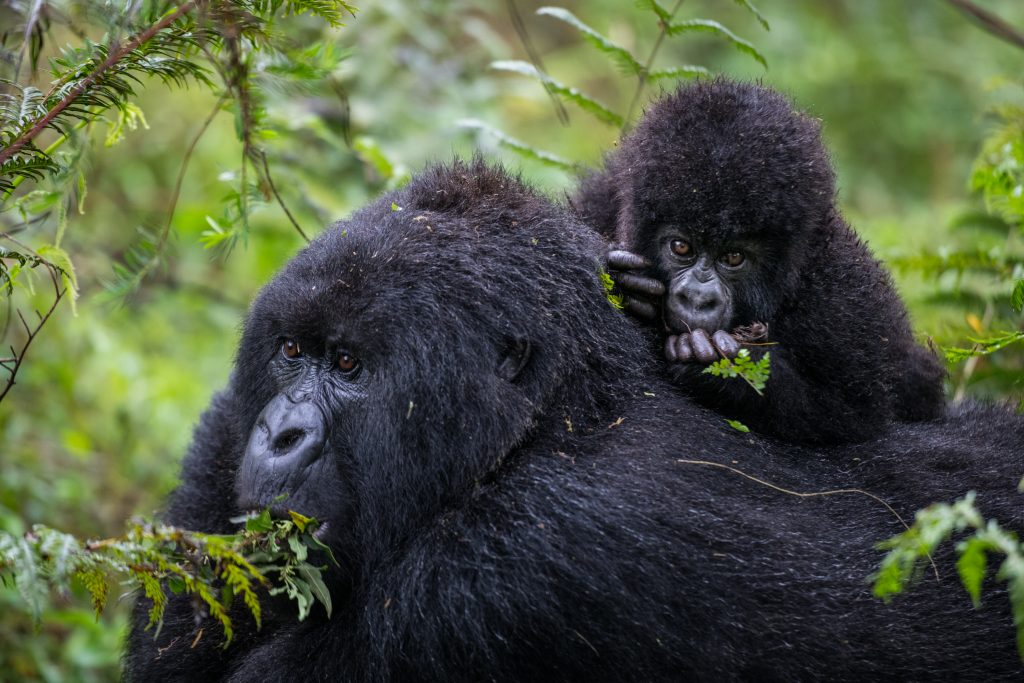
As we celebrate the World Wildlife day 2021, it is important to reflect back on the realities of our planet and appreciate that it is a shared planet – existing in a delicate balance.
In spite of the increase in numbers and change in status, mountain gorillas remain a conservation-dependent species in urgent need of protection. They, like other species, are threatened by poaching, disease, illicit trade of wildlife, habitat loss and fragmentation and infrastructure development.
With the persistent COVID-19 pandemic, now more than ever, we need to ensure that our actions are wildlife friendly and do not endanger endangered primates, by mandatory wearing of masks when visiting mountain gorillas and other great apes and observance of a safe viewing distance should be enforced.
During this pandemic, great apes are believed to be susceptible to the coronavirus causing COVID-19. Their safety and survival however are all dependent on our actions as government, tourists, tour operators and conservationists.
With the ever-increasing threats facing the planet and its ecosystems and wildlife, we need to work together and rethink our conservation and associated development approaches to ensure that the existing threats to mountain gorillas and wildlife are minimized and that the conservation successes registered so far are sustained and the benefits from wildlife and ecosystem protection are equitably shared.
“Yes, we need to harness the earth for our economic wellbeing but we need to build sustainability in our actions so that what we have now can be passed on for generations to come” says Dr. Andrew Seguya.
Together we can secure the future for mountain gorillas by reducing threats to the species and protecting their forest habitat.
A world without wildlife is no world at all. Happy world wildlife day 2021!
